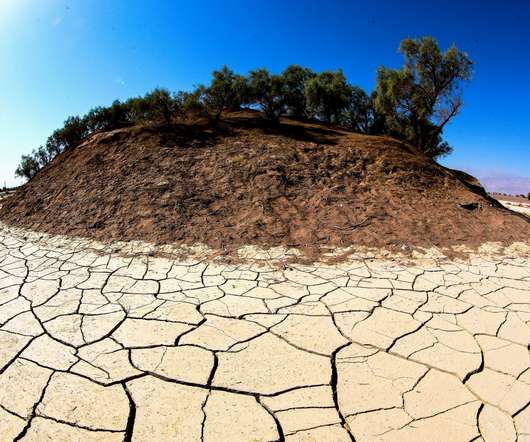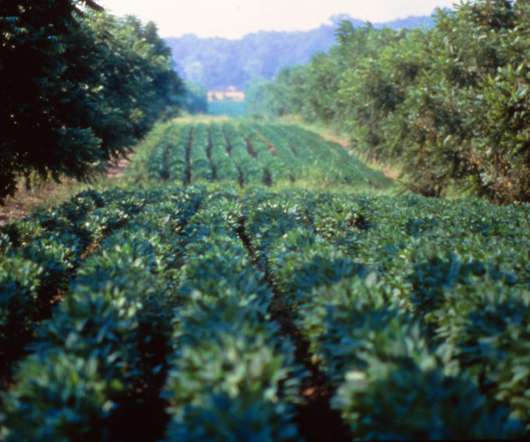UN report: People have wrecked 40% of all the land on Earth
Grist
APRIL 27, 2022
If these trends continue, experts expect growing disruptions to human health, food supplies, migration, and biodiversity loss driven by climate change, in what the authors calls a “confluence of unprecedented crises.”. People have altered 70 percent of Earth’s lands from their natural state and degraded up to 40 percent.
















Let's personalize your content